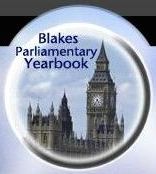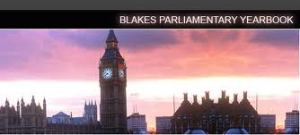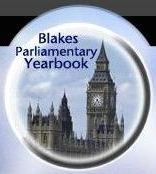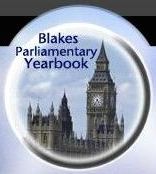Online Parliamentary Yearbook Shares: A DT story says that a government scheme to attract 1000 immigrant scientists/engineers only attracted 50.
Britain is a soul less debt slave nation of no-hoper multiculti, celeb loving, tax slaves.
Why would any intelligent person come to Britain unless paid by a multinational company that had nothing to do with government, and its tax slaves?
Apprenticeships were always more productive than university brats, and it is too late and too insulting that Britain's lazy class admits this now that its socialist ways have run out of money.
Online Parliamentary Yearbook Shares: I work in banking IT. A degree is almost de rigueur, post-grad or PhD now a now a pre-requisite for some areas. But some of the best people I have worked with do not have degrees, and would be simply excluded. Much better to import foreign PhDs, because they can't find "good" people they have excluded by the selection process (or alternatively import lots of cheap developers from India or where-ever, or out-source which generally doesn't work well)
Parliamentary information office news updates
Britain is a soul less debt slave nation of no-hoper multiculti, celeb loving, tax slaves.
Why would any intelligent person come to Britain unless paid by a multinational company that had nothing to do with government, and its tax slaves?
Apprenticeships were always more productive than university brats, and it is too late and too insulting that Britain's lazy class admits this now that its socialist ways have run out of money.
Online Parliamentary Yearbook Shares: I work in banking IT. A degree is almost de rigueur, post-grad or PhD now a now a pre-requisite for some areas. But some of the best people I have worked with do not have degrees, and would be simply excluded. Much better to import foreign PhDs, because they can't find "good" people they have excluded by the selection process (or alternatively import lots of cheap developers from India or where-ever, or out-source which generally doesn't work well)
Parliamentary information office news updates





